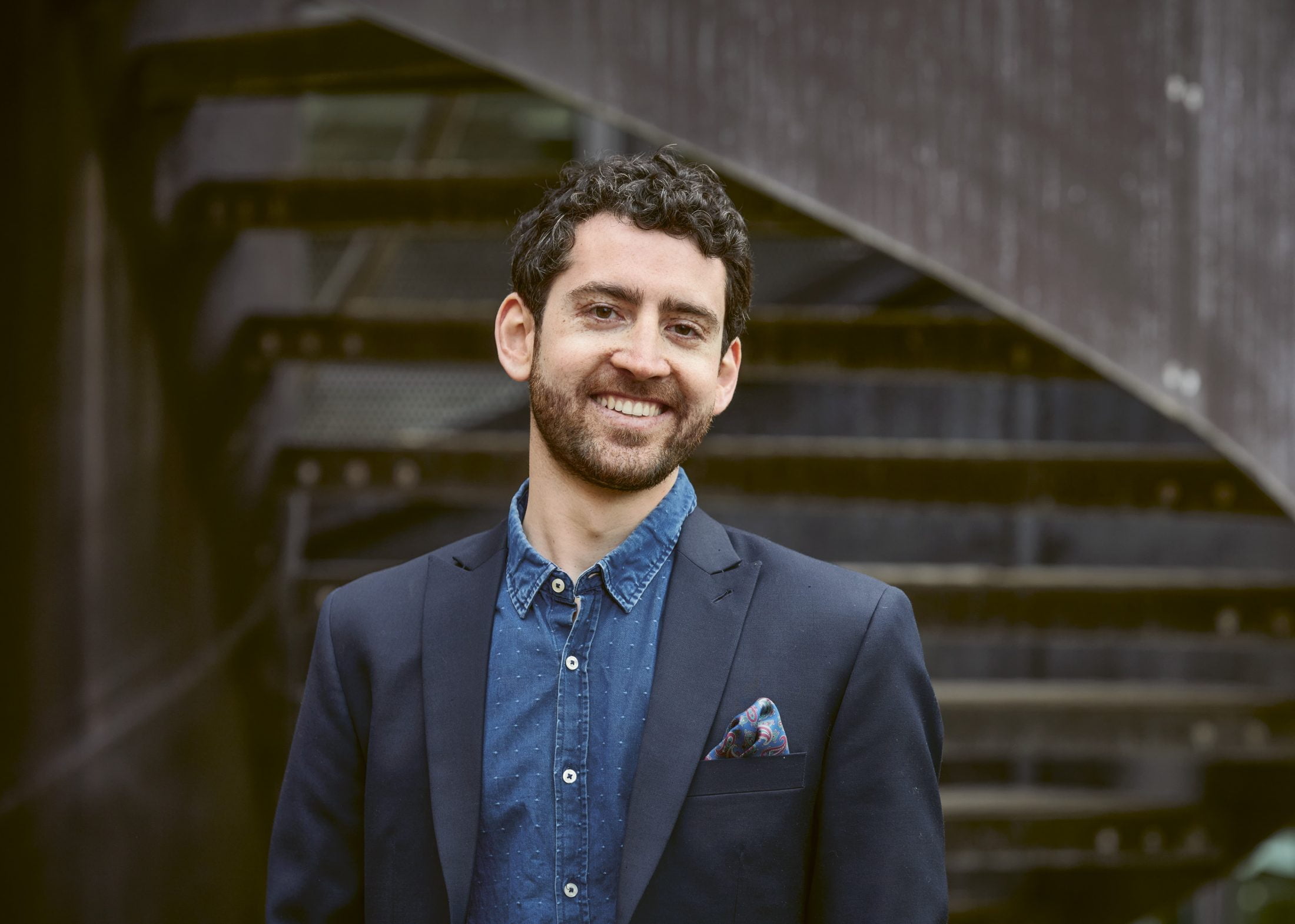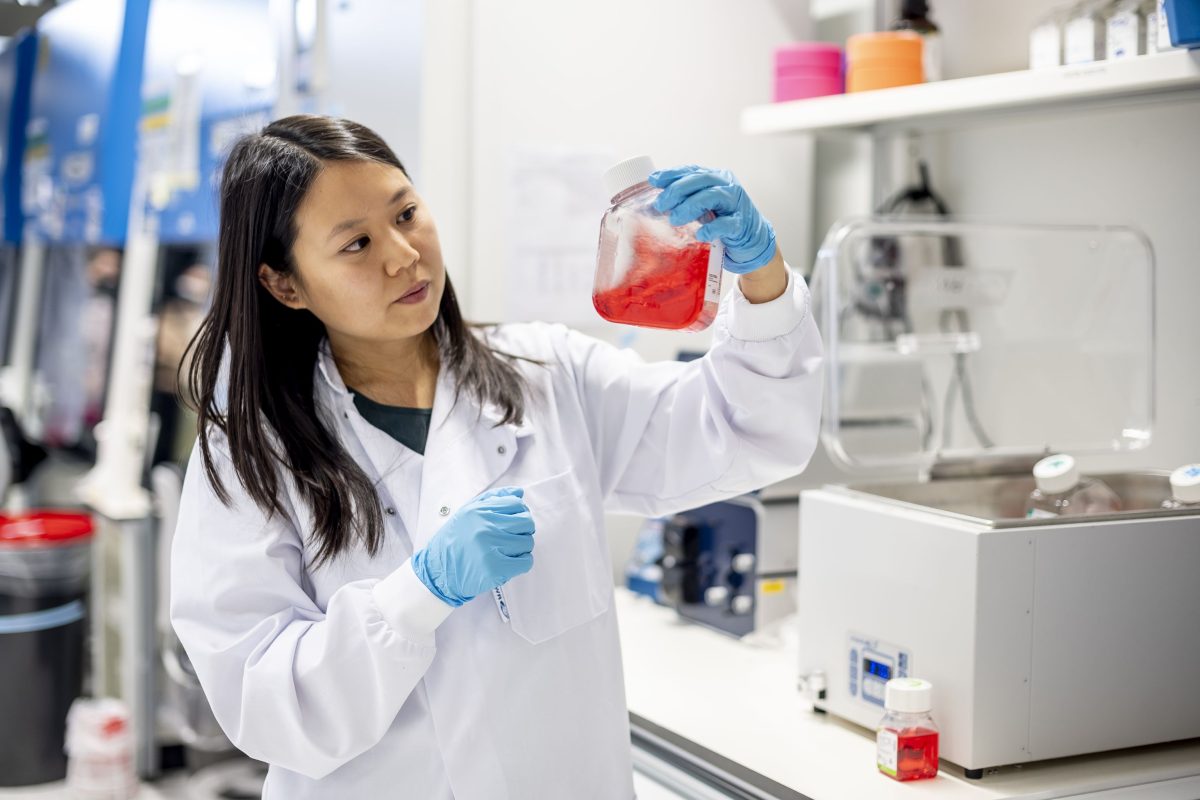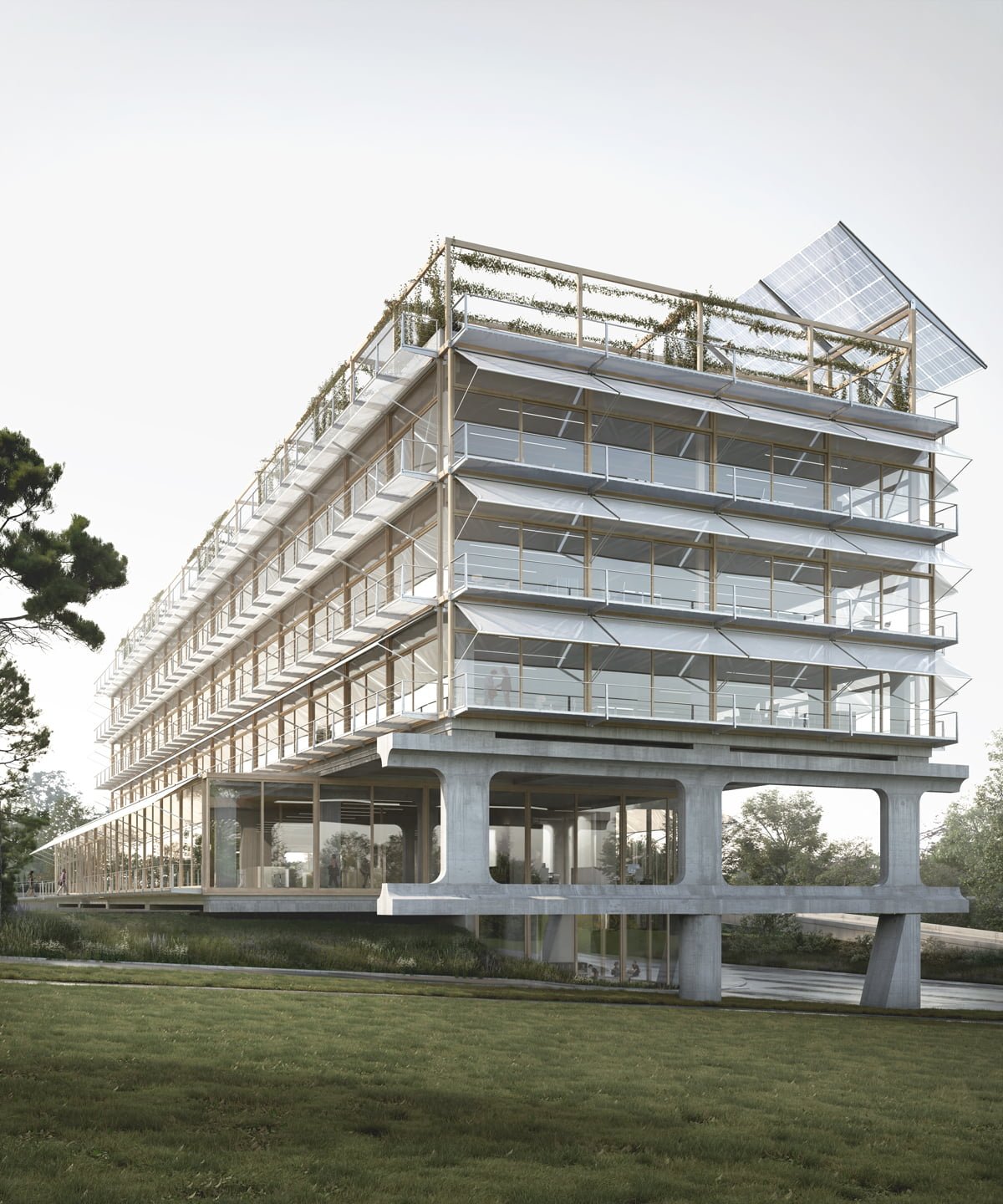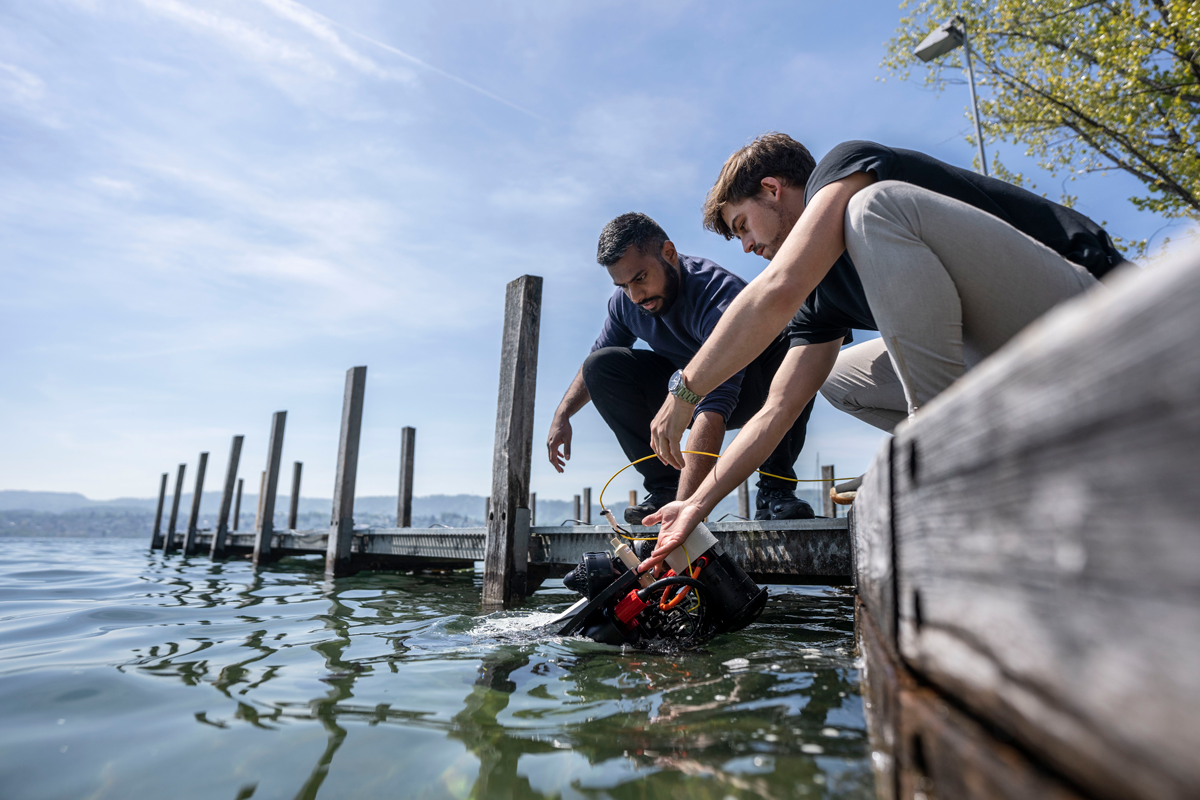Philanthropy is about empowerment
He is the co-founder of a supported ETH spin-off, a former Excellence Scholar and an ETH Foundation donor: at the age of 26, Enrico Scoccimarro speaks from his own experience on the subject of entrepreneurship and philanthropy.

You grew up in Milan – how did you end up at ETH?
ENRICO SCOCCIMARRO – I attended the German school in Milan. It was a sort of family tradition. It was always clear to me that I would study natural sciences, and the interdisciplinary aspect of materials science appealed to me. I wanted to study at a German-speaking university, and ETH is a clear leader in materials science. So I started my Bachelor’s degree here in 2013.
You were successful in your application for an Excellence Scholarship for your Master’s degree.
That was a great recognition for me. You don’t generally know where you stand in comparison with other students. The financial support was also a great help, as Zurich is an expensive city, especially when you come from abroad. The community is also really rewarding; I still maintain regular contact with the other scholarship students.
Even before finishing your studies in 2019, you joined the ETH spin-off FenX. How did that come about?
A friend worked on the project and said I should check it out. I believe that as a materials scientist you can and should make a contribution to making the world more sustainable. This is why I found the idea behind FenX exciting from the beginning: to market an insulating material made from waste, which is highly effective, non-combustible and also recyclable. These mineral-based foams on which our product is based are a promising but complex world. Not only researchers from Professor André Studart’s lab, where we come from, but also large companies find the developments in this field extremely exciting.
And how are you positioning yourselves in this competition?
So far, we’re the only ones combining all central aspects in one product: sustainability, non-flammability, performance and price. But our vision goes much further than our first product. The construction industry is one of the areas where the highest levels of CO2 emissions are generated: 75 percent of the buildings in Europe will need to be reinsulated if the goals of the Paris Climate Agreement are to be achieved.
There is also increasing regulatory pressure and therefore greater interest from companies to recycle construction waste. Currently this waste is made up of a combination of organic and inorganic material, which is a nightmare for recycling. If you were to build in such a way that the bricks, adhesive and plaster all consist of the same mineral material, you would simply grind up all the waste – and use it to make new FenX panels, for example.
What do you like about being a young entrepreneur?
I’m learning so much! I always knew I was a “hybrid” kind of person, not just a scientist: as a FenX co-founder, I can talk to investors, lawyers and clients. I also love having the opportunity to help shape team spirit and a business culture together with others.
Your co-founder Etienne Jeoffroy was a Pioneer Fellow, and you yourself donate to the Pioneer Fellowship Programme for the promotion of entrepreneurially minded researchers. Why is that?
Whether promoting excellent students or spin-offs, or facilitating additional professorships: it’s all part of the same pipeline that gives something back to society in the end. For me, philanthropy is about empowerment. This is why I consider a commitment to education and research to be one of the most meaningful ways to engage in philanthropy. Added to this is the multiplication effect; for example, the scholarship students fertilise their research group, a spin-off emerges from the research group and this in turn creates added value for society and new jobs.
What does it take to make sure that as many promising start-ups as possible emerge from ETH?
It takes an ecosystem in which there are low-threshold and diverse opportunities for collaboration and exchange, also with those who contribute business expertise, for example. There is also a need for more “match-making” opportunities, so that more start-ups are also created with female founders at ETH. I’m convinced that the talent pool is there.


